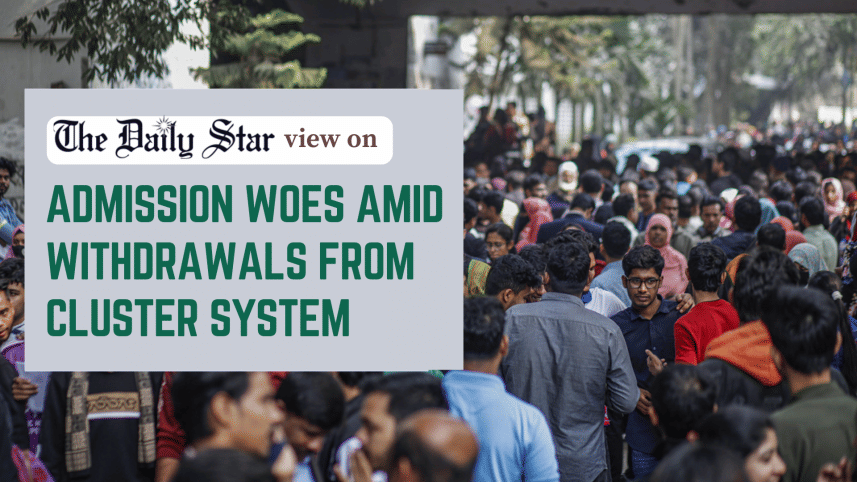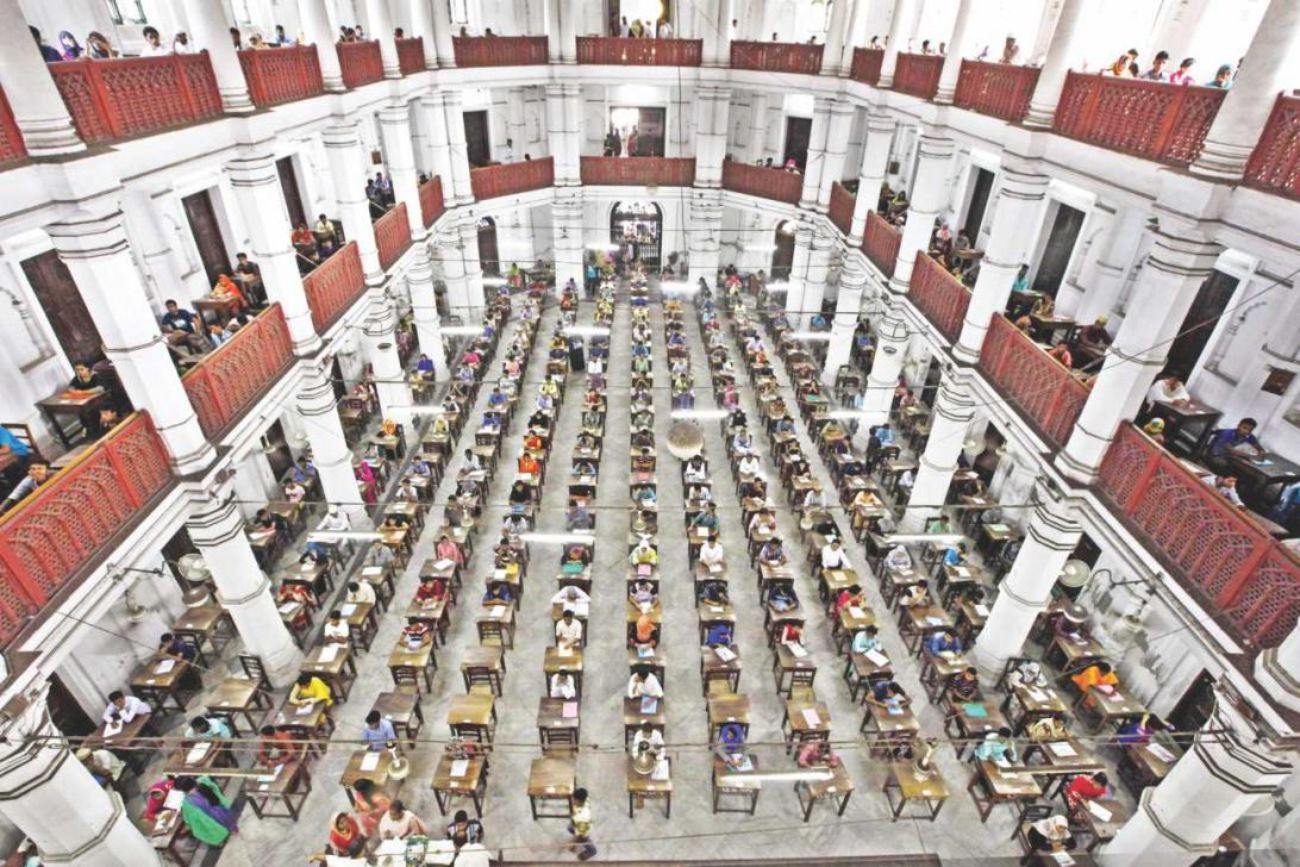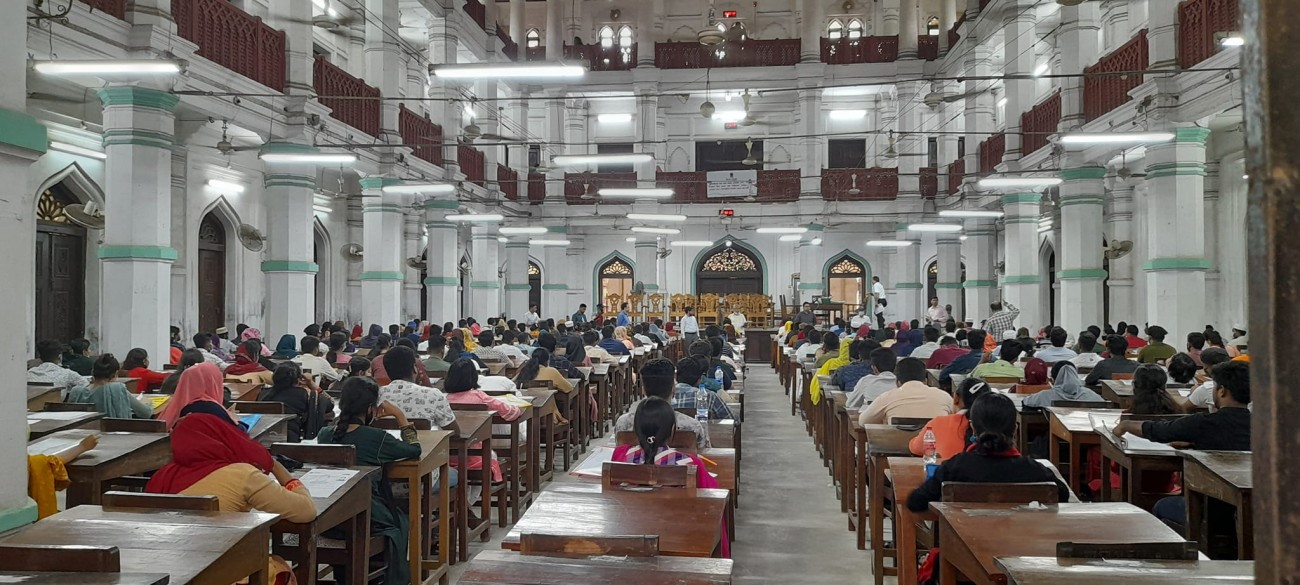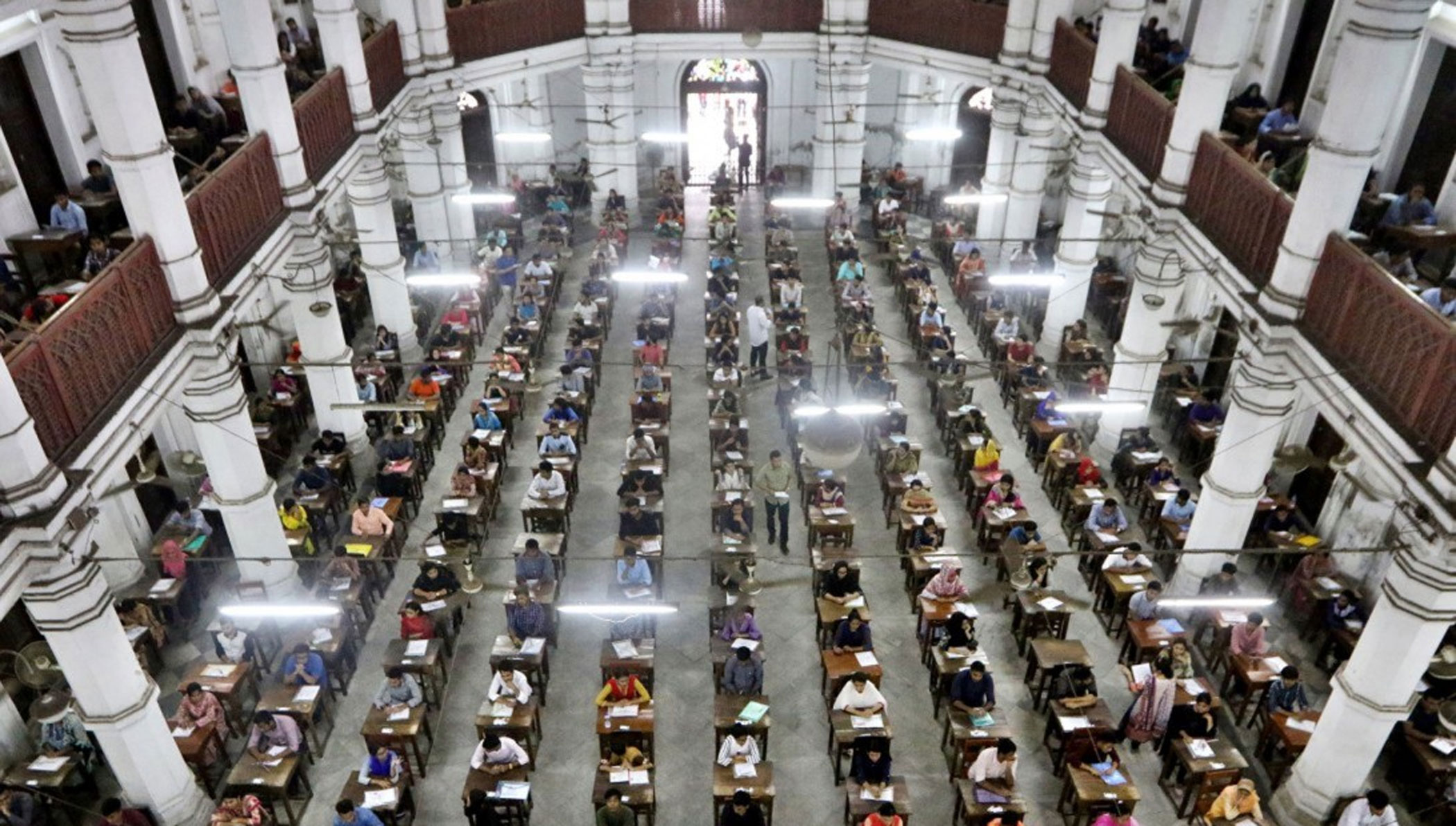Spare students from the chaos over university admission tests

We are concerned by the renewed prospect of hassles for students seeking tertiary education following the withdrawal of a number of public universities from the cluster admission test system. The withdrawal of at least 10 universities—including all three under the engineering cluster and seven others under the general, science and technology (GST) cluster—means that admission seekers will have to sit for those exams separately, forcing them back into an expensive and stressful process. This will require them to again prepare for different types of exams, travel long distances across the country, and incur significant expenses for applications and accommodations. After a year marked by frequent academic disruptions, they didn't deserve this added uncertainty so close to their big moment.
The cluster system was meant to address these difficulties by consolidating entrance exams, allowing students to apply to multiple universities with a single test. Currently, there are 55 public universities in the country. Considering the sufferings involved with independent tests, the cluster system was introduced in 2019 for agricultural universities—who have adhered to it consistently—and for universities under the GST and engineering clusters in 2020. However, major general and engineering universities have been resisting the attempt to consolidate their admission process. Following the recent withdrawals, there is now no university left under the engineering cluster, while only 17 remain under the GST cluster.
This is despite multiple meetings held between the University Grants Commission (UGC) and university vice-chancellors, as well as letters from the education ministry urging that exams be held under the cluster system. Universities opting out have cited poor planning, delayed result publication, and inefficient admission procedures as reasons. Some believe that the cluster system does not adequately reflect their academic standards. While these concerns are not entirely unfounded, abandoning the system without pursuing reform in it is a disservice to students. A well-designed cluster admission system is certainly achievable, as evidenced by the long-established unified medical admission test.
We, therefore, urge the education ministry to take more decisive action to convince the dissenting universities that they cannot arbitrarily abandon a system designed to benefit students. We understand that the revenue generated from independent tests is significant, and some universities may be reluctant to relinquish this financial advantage. If this is a factor in their decisions, it is imperative for the regulatory authorities to ensure that students' needs are prioritised. If the universities are concerned about maintaining academic standards, they should work to refine and improve the cluster framework, rather than discarding it entirely.



 For all latest news, follow The Daily Star's Google News channel.
For all latest news, follow The Daily Star's Google News channel. 


Comments